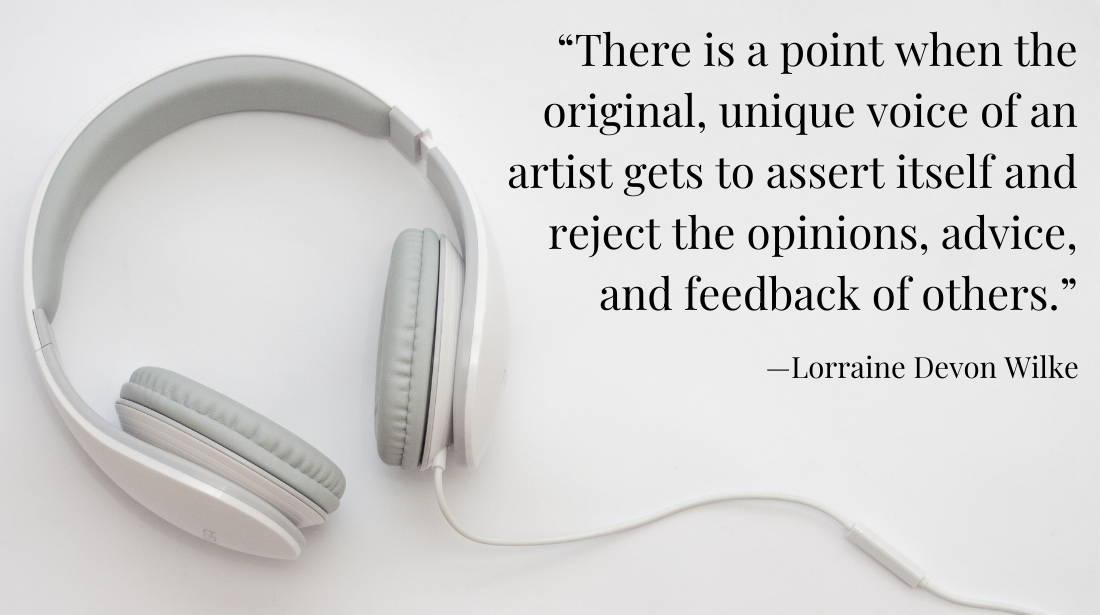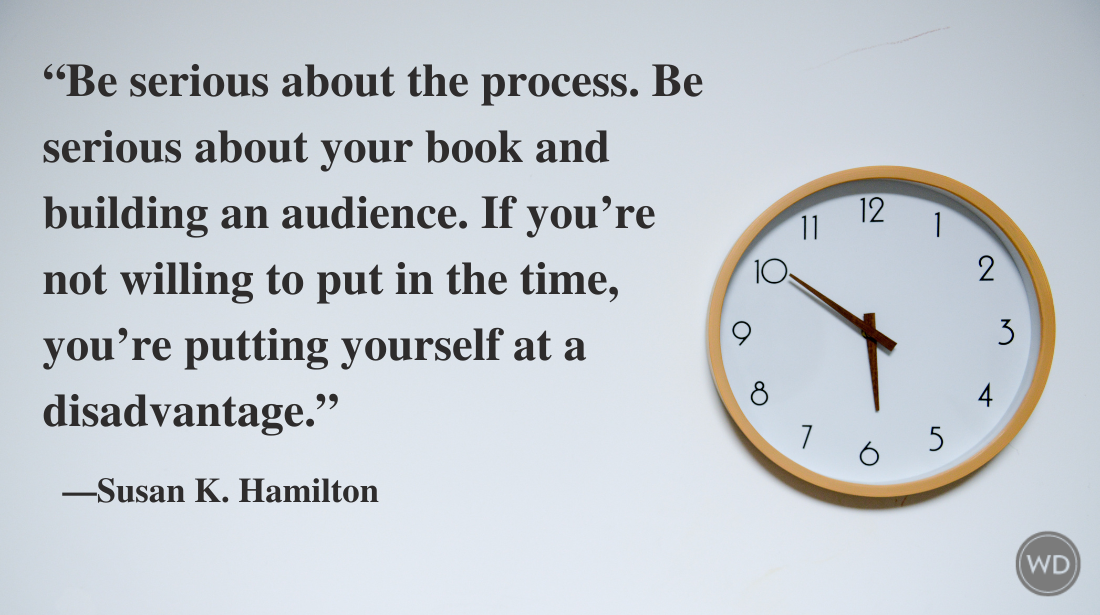Don’t Write a Book Without a Buyer
(The following is a guest post by Rob Eagar) During the recent housing crash that devastated our economy, a lot of builders built homes based on speculation called “spec homes.”…
(The following is a guest post by Rob Eagar)
During the recent housing crash that devastated our economy, a lot of builders built homes based on speculation called "spec homes." In these situations, a house was planned, designed, and built before a prospective buyer was confirmed. Building spec homes offers the benefit of speedy construction. But, it comes with the risk that once the home is built there may not be a buyer. This exposed risk eventually put a lot of builders out of business and left thousands of new homes sitting dormant.
Sometimes, authors and publishers make a similar mistake. They produce books assuming that people will buy them. Yet, the author never seeks critical feedback from focus groups during the manuscript phase. Or, the publisher never conducts a legitimate buyer analysis. Instead, books are published in quantity hoping that enough will succeed to sustain the overall business. This approach creates unnecessary risk that can lead to financial consequences.
Avoid writing a book based on speculation or assuming that people will buy it. Instead, take time early in the manuscript process to test your ideas on enough qualified people to give you beneficial feedback - even if it's negative.
For example, when I wrote my first book, I assembled three separate focus groups that covered the main demographic segments of my intended reading audience. I gave my manuscript to these individuals and asked them to honestly critique my content. Their feedback caused me to rewrite every chapter three times each and my first chapter nine times! You can imagine how frustrated I felt when their criticism was negative. But, once the process was completed, I knew I had a dynamite book because my intended readers told me so. Ten years later, that book is still selling in most Barnes & Noble stores across America.
As you work on your next book, ask yourself these questions:
- Do you know the specific results your book can produce for readers, because you tested it on other people first?
- Have you experienced those results in your own life or seen them occur in your test groups?
- Have you identified legitimate buyers for your book, or are you blindly hoping for the best?
Take a lesson from the recent housing crash. Why avoid unnecessary risk? Don't publish a book unless you can guarantee there are buyers.
About the Author
Rob Eagar is the founder of WildFire Marketing, a consulting practice that helps authors and publishers sell more books and spread their message like wildfire. He has assisted numerous New York Times bestselling authors and his new book, Sell Your Book Like Wildfire, will be published by Writer’s Digest in June, 2012. Find out more about Rob’s advice, products, and coaching services for authors at: www.startawildfire.com
Zachary Petit is a freelance journalist and editor, and a lifelong literary and design nerd. He's also a former senior managing editor of Writer’s Digest magazine. Follow him on Twitter @ZacharyPetit.








